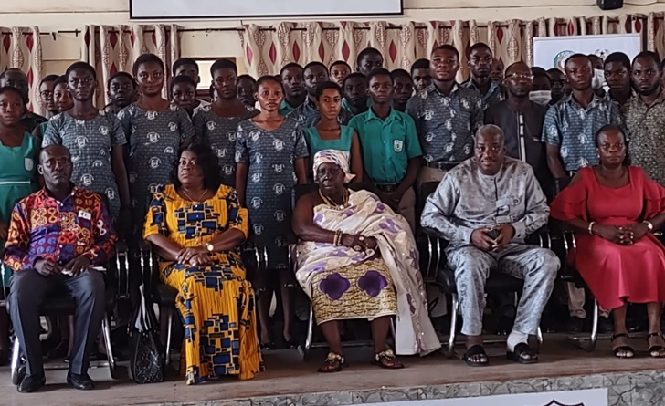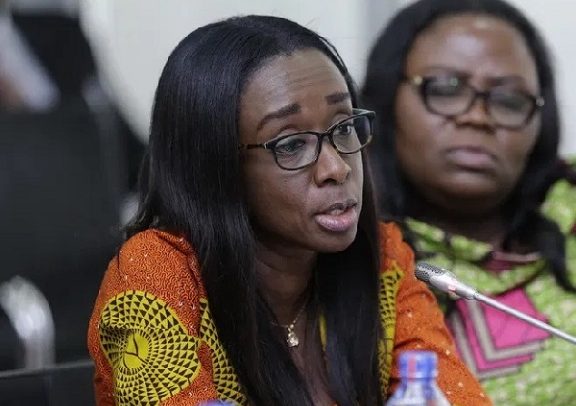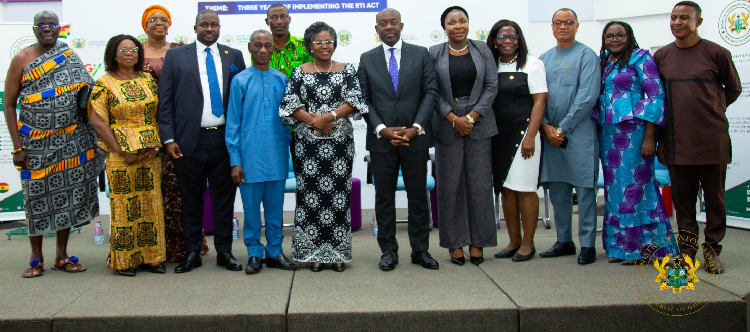
The need to sensitise public officials and citizens alike on the Right to Information (RTI) law, as Ghana readies itself for implementation come January next year took a centre stage at a workshop in Accra, yesterday.
It was organised by the Commonwealth Human Rights Initiative (CHRI) in collaboration with the Coalition on the RTI-Ghana, both non-governmental organisations.
The meeting sought to build the capacity of journalists and Civil Society Organisations (CSOs) on assessing government performance in improving access to information in line with Goal 16 of the Sustainable Development Goals (SDGs).
The SDG target enjoined member countries to among others ensure public access to information and protect fundamental human rights of citizens.
In a presentation, Director of Advocacy and Policy Engagement at the Centre for Democratic Development (CDD), Mr Kojo Asante urged that measures be put in place for public agencies to be proactive in divulging information voluntarily.
Citing the 2019 progress report on Goal 16 of the SDG, Mr Asante deplored the fact that of the implementing 123 countries, which had a law backing public right to information, 40 did not have the right to appeal to an independent administrative body in case information was denied.
According to him, an effective record keeping system, public awareness and activism as well as a detailed legislative instrument on the RTI was vital to ensuring its smooth implementation.
Mr George Obimpeh, co-chair of the CSO's platform on the SDGs indicated that without access to "timely, accurate information, there was no way Ghana could achieve the SDGs"
The co-chair held that, access to information would empower citizens with requisite knowledge to demand services and hold duty bearers accountable.
"Information on policies, programmes, decision making processes among others will allow citizens to insist on their rights, monitor and ensure the progress of the SDGs which are all interlinked for meaningful development."
Head of the United Nations Educational, Scientific and Cultural Organisation (UNESCO) Office, Ghana, Abdourahamane Diallo disclosed plans by his outfit to train information officers on a monitoring tool for the RTI implementation.
"We cannot rest on our oars. RTI law by itself cannot ensure access to information. We must work with government to protect and promote public access to information so societies are aware of and exercise their right to access information and contribute to the advancement of the SDGs," he stated.
The Head of the CHRI, Africa Office, Madam Mina Mensah in an opening remark expressed the need for journalists and CSOs to increase advocacy on the RTI to empower citizens to look out for key indicators in the law in line with best practices.
"We are giving capacity to journalists and civil society organisations based on the international practices so that they can educate the public to check whether public offices are giving out information based on such indicators and also help when it is time to assess governments so that you know what to expect."
Read Full Story






















Facebook
Twitter
Pinterest
Instagram
Google+
YouTube
LinkedIn
RSS